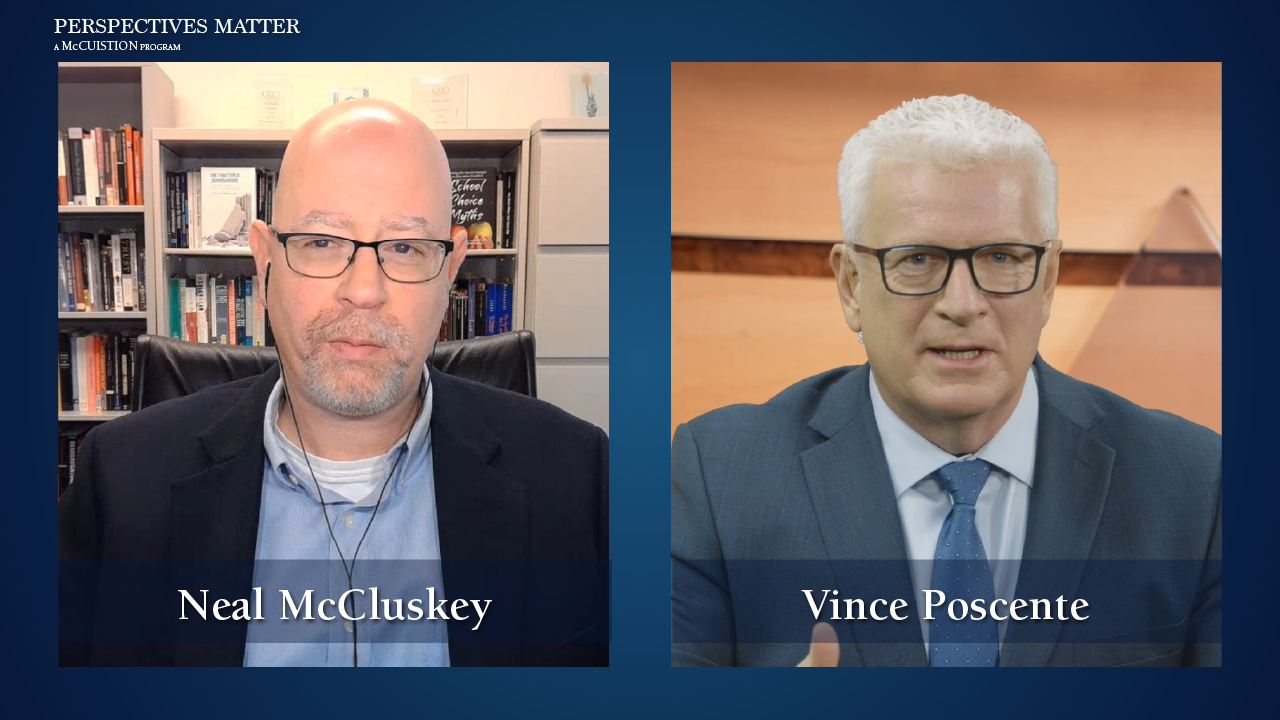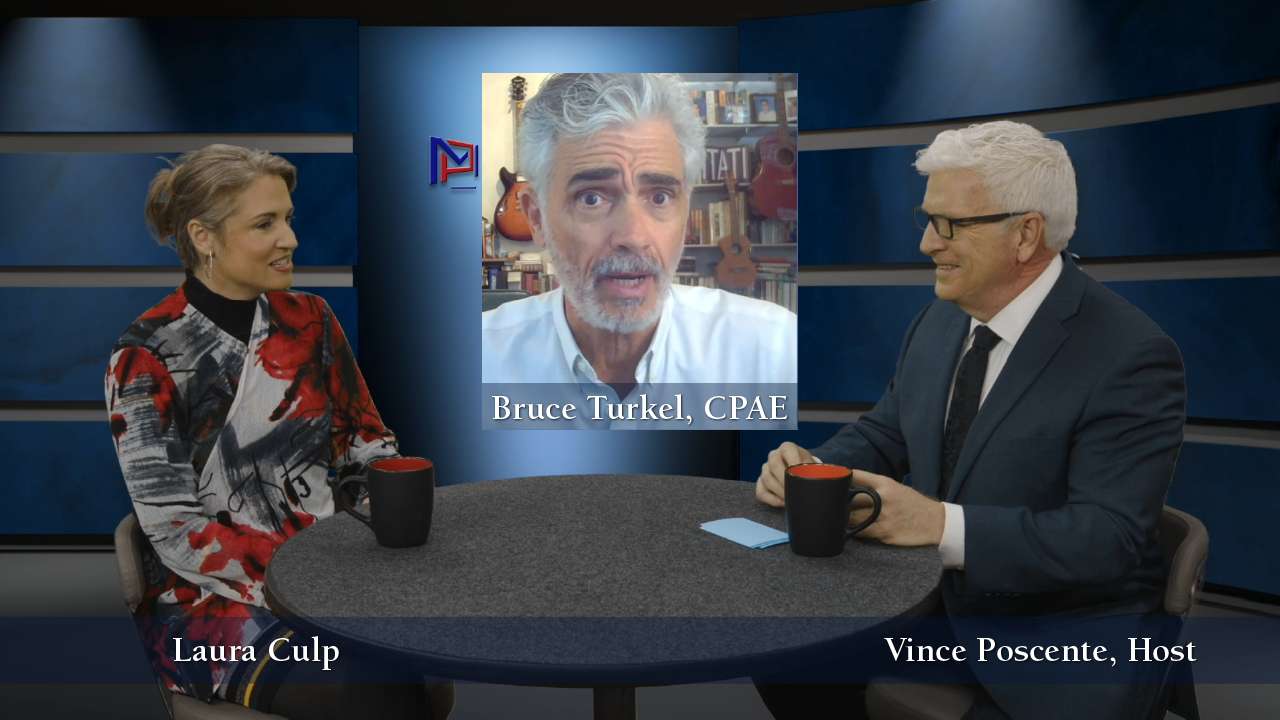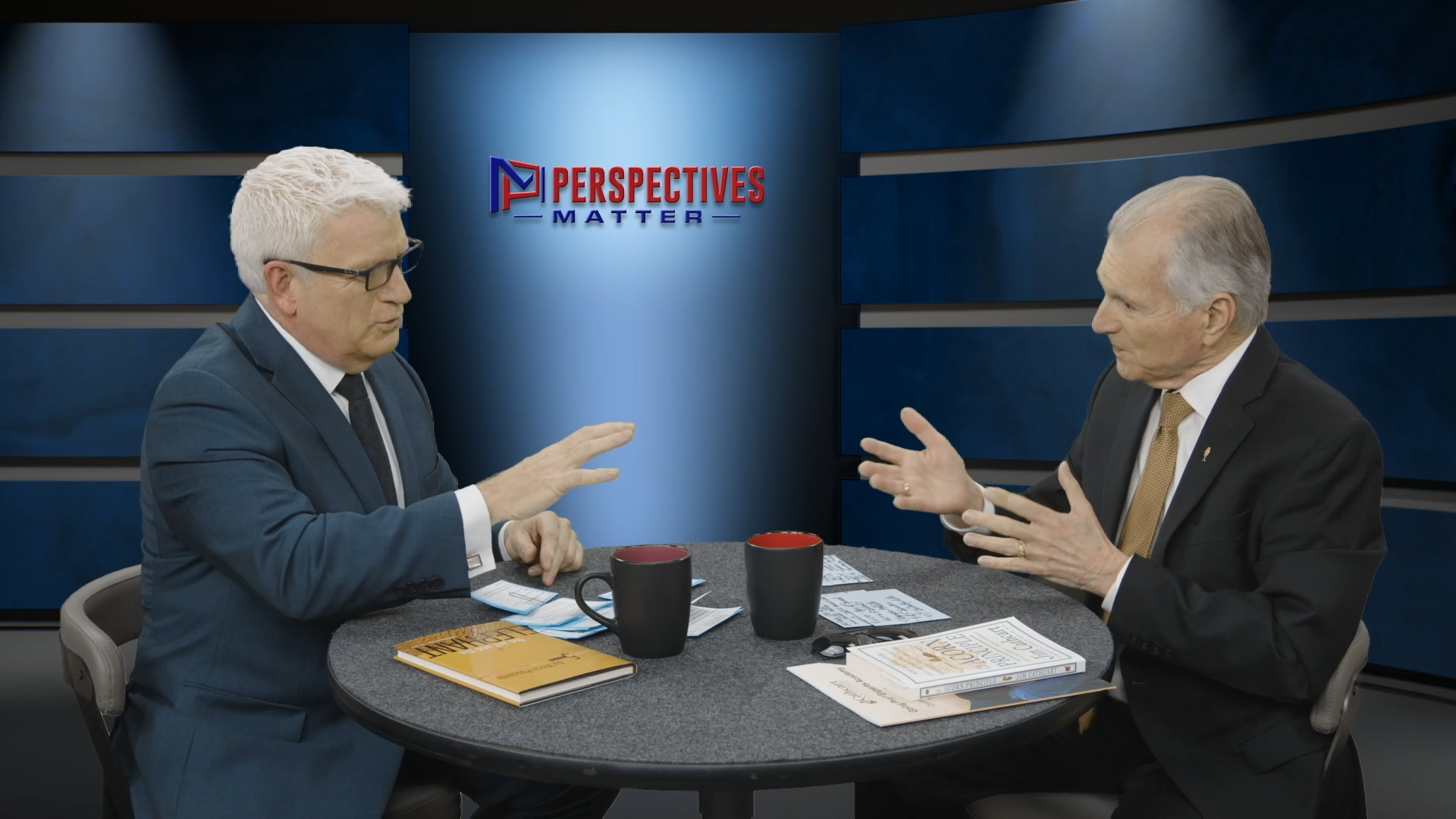The Constitution of the United States, as framed by our founding fathers, covers all aspects of society’s welfare, as it was then. Today, there are many who state that it needs to be changed in order to better reflect the needs of modern society, and that the Constitution needs to be reframed to cover situations our founding fathers had no way of predicting and anticipating.
Guests include:
- Allen Fishburn: Attorney at Law
- Robert D. Cohen: Attorney at Law: Cohen and Zwerner
- Thomas G. West, PhD: Professor of Politics, University of Dallas, Author of Vindicating the Founders
- Calvin C. Jillson, PhD: Author of Pursuing the American Dream, Department of Political Science Southern Methodist University
The Constitution’s basic premise begins with:
“We the people of the United States, in Order to form a more perfect Union, establish Justice, insure domestic Tranquility, provide for the common defense, promote the general Welfare, and secure the Blessings of Liberty to ourselves and our Posterity, do ordain and establish this Constitution for the United States of America.”
The question asked in this program by host Dennis McCuistion is, “Does Our Constitution Still Matter?” To which each of our guests respond, “Absolutely.”
Regarding the Constitution, Robert Cohen says, “It is a living document and still very much alive. We’re not always looking back. We can challenge a law on constitutional grounds and we can give it true effectiveness”.
Allen Fishburn believes that the Constitution matters now more than ever. He states, “We would all do better if we studied what our founders had written. The scope is far broader than what we learned in our schools. And we don’t follow it as well as we should.”
Commerce Clause and Government Take Over of Health Care
The conversation focuses on Article 1; Section 8 the commerce clause and what justifies the takeover of government of our health care, based on what our Constitution states. They ask whether or not the government had the right to invoke the commerce. They state that the clause guarantees our rights. And that we need a more careful study of the document.
Taking Private Property to Encourage Private Lending in Private Sector
The guests discuss the Emergency Economic Stabilization Act of 2008 and that it authorized the Treasury to spend $700 billion on the Troubled Asset Relief Program. The first $350 billion was used to inject capital back into distressed banks. They differ as to whether government has the constitutional power to do this. A question was asked, “How does Congress get away with this?” It appears that Government is taking private property for the purpose of encouraging private lending to the private sector.
Cal Jillson points out that while they did do so- it worked and funds are coming back.
Tom West says, “No they didn’t follow the law as to what not to do with those assets, therefore doubly unlawful.”
Do the Ninth and Tenth Amendments Still Have Meaning?
The Ninth and Tenth amendments are also discussed and questioned as to whether they still have meaning. Do we just give them lip service or are we restating the right to life, liberty and the pursuit of happiness? They leave us with a reminder that it is the people who control government, the Constitution is a document for the people, and not for government’s use in controlling us.
***
1823 – 05.30.10






